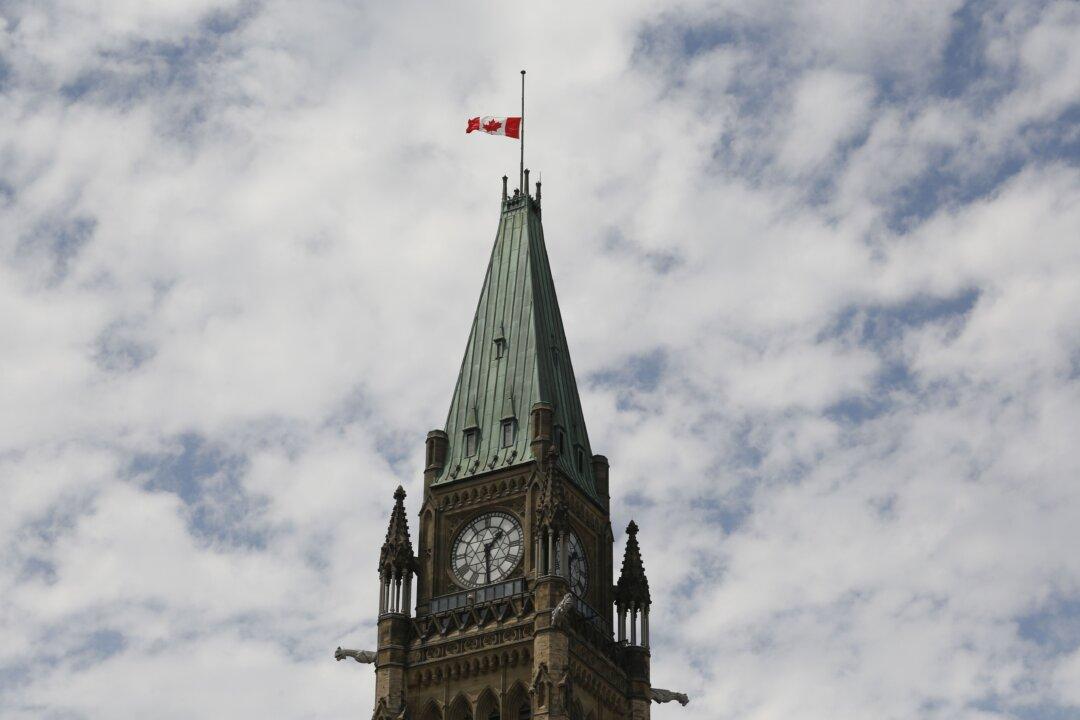Commentary
Elections will always bring about new and unexpected wedge issues during the campaign. I don’t think anybody could have predicted that the status of the Canadian flag on federal buildings would come into play though.

Elections will always bring about new and unexpected wedge issues during the campaign. I don’t think anybody could have predicted that the status of the Canadian flag on federal buildings would come into play though.